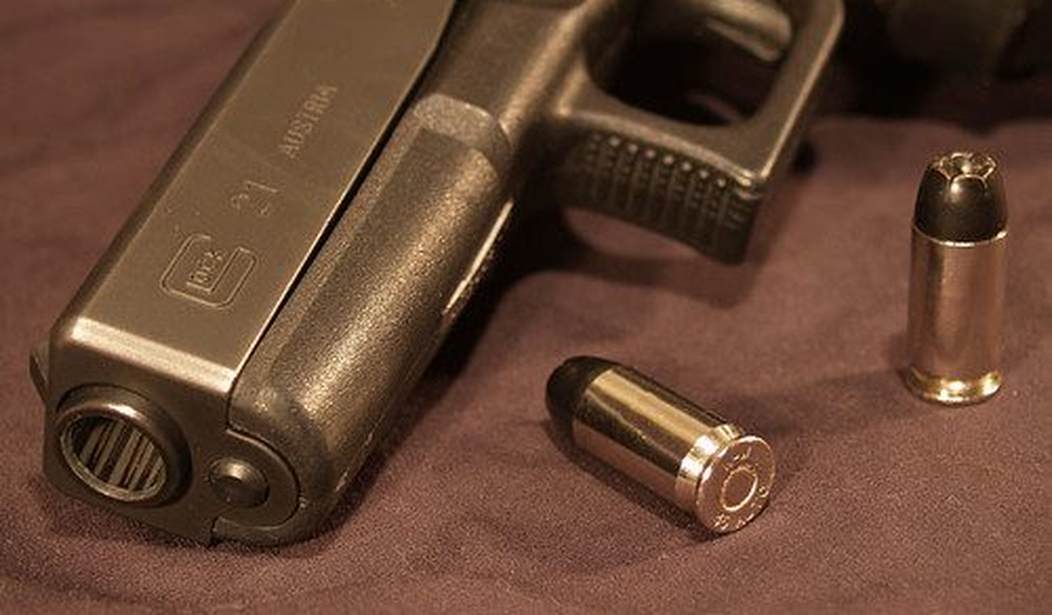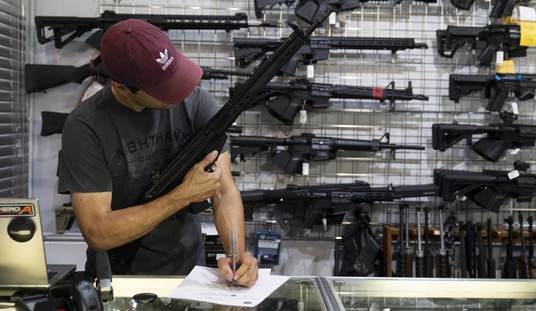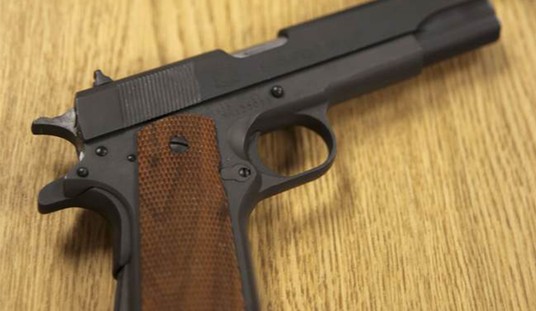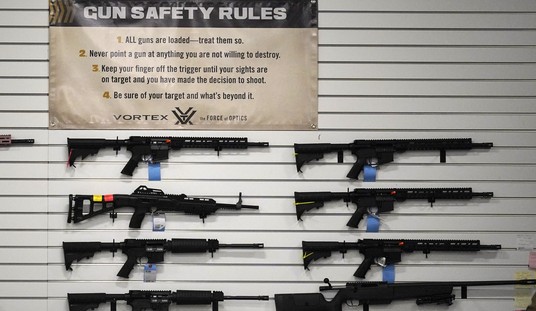It’s been a rough couple of months on the gun rights front. Mass shootings have increased media pressure to pass gun control all over the nation and those so-called mistaken shootings such as what happened with Ralph Yarl didn’t help.
It’s not that anything has appreciably changed on the ground, only the media is trying to shape public perception that it has.
And this is a prime example of them doing it, too.
For decades, pro-gun activists have held new safety restrictions at bay with the argument that they would unfairly punish law-abiding citizens who responsibly own firearms.
Advocates promote anecdotes of guns being used to thwart home invasions and protect residents in the critical time before police arrive. They argue that the underlying cause of mass shootings is mental health issues and that criminals brandishing illegal guns are to blame for killings and robberies on city streets and that more guns, owned by trustworthy parties, will offset those dangers.
But as gun control returns to the public agenda, a series of shootings last month that saw several young people injured and one killed by gun owners who thought they were acting in self-defense has undercut the narrative that more weapons are the answer.
“We’re not talking about folks who are trained professionals. And that can lead to issues, I think, and these sorts of events make that clear,” says Matthew Lacombe, an associate professor of political science at Case Western University who specializes in gun politics, the NRA and political ideology.
Except that there really wasn’t an increase in anything.
There have, unfortunately, always been people who screwed up in using their guns. What changed was the reporting on the matter. After Ralph Yarl’s shooting made headlines, the media started paying attention to these cases more and making them national news whereas before, they’d have stayed local stories.
Moving on…
Pence also pushed for funding “to place armed resource officers in every public and private school in America,” as did other Republican speakers at the meeting.
The proposal speaks to gun rights activists’ catchphrase that a “good guy with a gun” is the only way to stop a “bad guy with a gun” – which fits neatly into their broader argument that a society with more law-abiding gun owners is a freer, safer one.
But even that argument is tested when looking at the recent Texas shooting, in which a lone gunman killed seven people in the middle of the afternoon, critics say. Texas introduced permitless carry in 2021, allowing citizens to carry handguns in public spaces without a permit, training or background check. But a police officer eventually stopped the shooter – not an everyday citizen with a weapon.
And it didn’t hold almost a year ago in Buffalo, on May 16, 2022, where an armed, off-duty security guard and former police officer were unable to stop a shooter on an apparent racist rampage. The security guard, along with nine Black supermarket shoppers, was killed.
Except, that’s only part of the picture.
First, let’s talk about Allen for a moment. Yes, despite permitless carry passing there, it was a police officer that took the killer down.
That should end the debate, right?
Well, no, it doesn’t. It doesn’t because the outlet mall was a gun-free zone. In Texas, private property owners can declare their property as a gun-free zone and post a sign that meets certain criteria. In so doing, they make it illegal for a law-abiding citizen to carry a firearm.
So what happened in Allen is that any law-abiding citizen in that crowd who might have been inclined to carry a firearm didn’t because it was illegal for them to do so.
You can’t make the case that lawful carry failed to stop the shooting when lawful carry wasn’t permitted on the premises.
Bringing up Buffalo is just as bad.
Yes, the uniformed and armed security guard was killed early in the onslaught. That’s not overly surprising. He basically was wearing a flag saying, “Mass shooters, kill me first.”
What a security guard does or doesn’t do, however, is largely irrelevant to the debate about ordinary citizens carrying firearms, especially in New York.
Remember that Buffalo was pre-Bruen. There was no right to carry in New York state at the time and Buffalo isn’t one of the more pro-gun jurisdictions in the first place. It’s not likely anyone in that store could have gotten a permit to carry, much less had already done so and just failed to stop the shooting.
So while the author thinks this undoes all these “myths,” what they’ve really done is ignored any details or nuance that fails to make their case.







